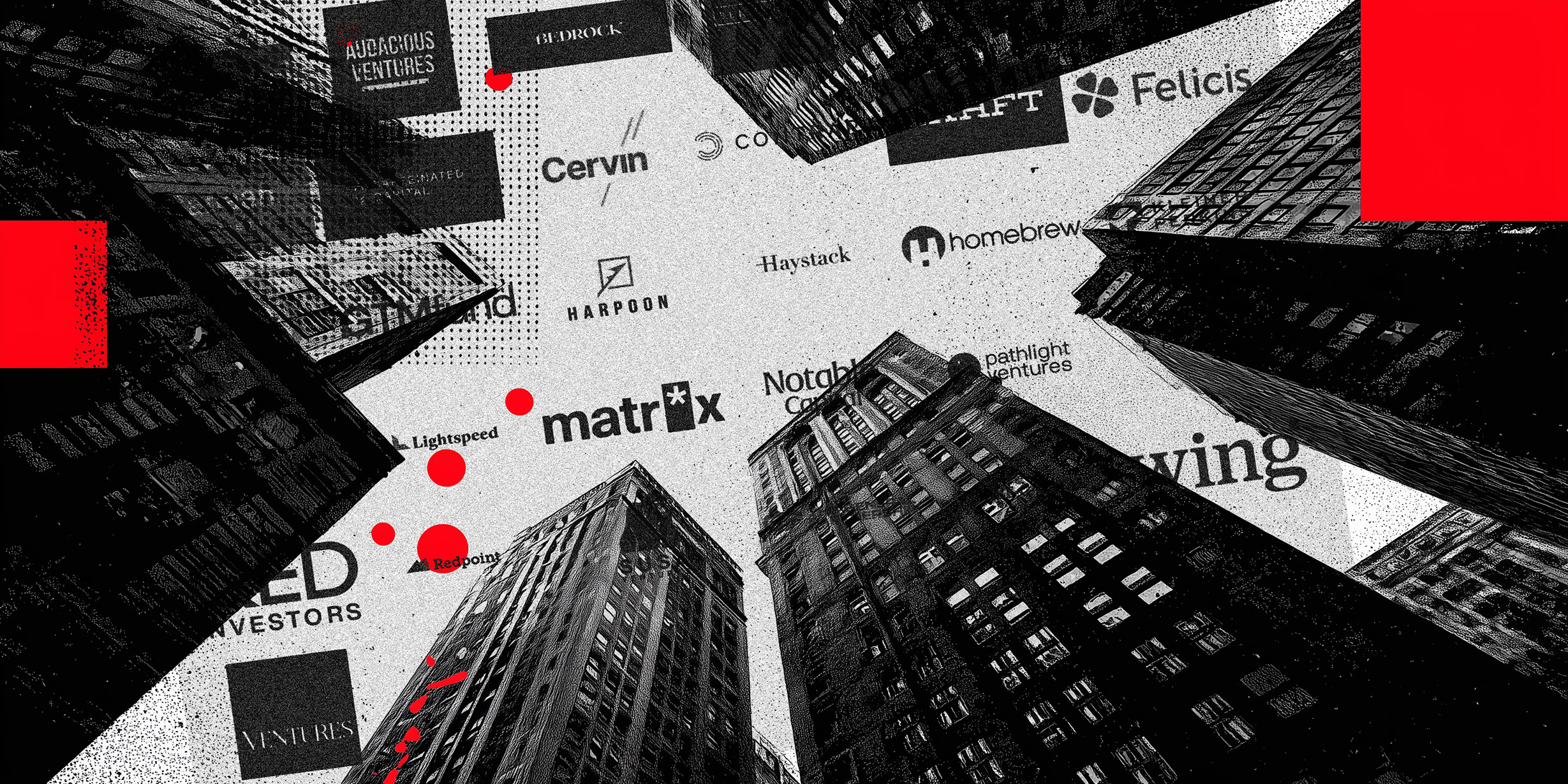Why SEO Still Matters for Startups in 2025
Search is evolving faster than it has in the last 20 years. Startup founders, particularly those with technical expertise, are finding that the rules of search engine optimization (SEO) are changing. The old playbooks that once guaranteed top rankings no longer ensure visibility
In 2025, the rise of AI-driven search systems, such as Google’s Search Generative Experience (SGE), Perplexity, and ChatGPT Search, is rewriting how people discover brands and products. These engines do not just serve blue links. They generate direct, conversational answers. For startups, this means a reduced window of opportunity to be seen, but also new ways to gain authority.
The concept of Generative Engine Optimization (GEO) has emerged as the natural evolution of SEO. GEO focuses on making your content and brand visible in AI-generated responses rather than only chasing rankings in traditional search results.
For startups, SEO offers three key advantages:
- Cost-effective growth: Organic visibility reduces reliance on paid acquisition.
- Investor credibility: Strong online presence signals traction during fundraising and due diligence.
- Recruiting power: Potential hires research your company before applying. Ranking for relevant queries boosts your employer brand.
The shift to generative search does not erase these benefits. It reshapes how startups need to earn them.
Key SEO Trends for Startups in 2025
Generative Search and Answer Engines
Generative search is no longer experimental. Google’s SGE is integrated into mainstream results. Tools like Perplexity are carving out serious market share among professionals and early adopters. Startups must treat AI-driven engines as primary discovery channels, not side experiments.
Programmatic SEO for Scale
Programmatic SEO allows startups to generate thousands of optimized pages dynamically, often from structured data such as product catalogs, location-based services, or API feeds. For technical founders, this approach is especially powerful. It combines engineering skills with SEO best practices to rapidly scale visibility. However, it requires careful execution to avoid thin or duplicate content.
Content Quality Over Quantity
Publishing dozens of shallow posts is no longer an effective strategy. AI models prioritize depth, clarity, and authority. Startups should focus on fewer, higher-quality pieces that directly answer core user questions.
Technical SEO Still Matters
Even in an age of generative answers, engines still rely on crawlability, performance, and structured data. Technical SEO, including site speed, Core Web Vitals, schema markup, and clean architecture, remains a foundational aspect.
Entity Optimization and Brand Signals
AI engines rely on entity recognition. They examine whether your startup is mentioned in reputable sources, such as Crunchbase, LinkedIn, GitHub, or media outlets. Strengthening these signals helps AI models trust and incorporate your brand into their responses.
The Rise of Generative Engine Optimization (GEO)
What is GEO?
Generative Engine Optimization is the process of optimizing for AI-powered search engines. Rather than competing for one of ten blue links, you are optimizing to become part of the answer the AI model spits out in response to a user query.
These engines, such as Google SGE, Perplexity, and ChatGPT Search, pull information from across the web and synthesize it into conversational responses. To be included, startups need content that is structured, authoritative, and aligned with the way AI engines select and cite sources.
Why Founders Should Care
Generative engines compress the space available for traditional organic listings. A single AI answer might replace what used to be an entire page of search results. This makes visibility harder to win.
But there's an opportunity, too. Many AI-generated answers will attempt to support themselves with high-authority, structured content to serve as a citation. If startups get a head start on preparing, they will own this category where others are late to the game. For founders, it's an opportunity to create an unfair advantage at a pivotal stage in the growth process.
Actionable SEO Tactics for Startups in 2025
Optimize for GEO
- Create content with clear answers to common user questions.
- Use structured data (schema markup) and FAQ blocks.
- Write in a style that AI engines can easily lift into summaries: concise, authoritative, and well-organized.
Programmatic SEO at Scale
For startups with structured datasets, programmatic SEO can automatically create large volumes of landing pages. Examples include pages for each integration, use case, location, or product variant. When combined with unique content elements and strong technical hygiene, programmatic SEO can significantly expand your footprint in both traditional search engines and generative AI engines.
Leverage Funding Announcements
Funding rounds are not just PR moments. They are powerful SEO assets. Use press releases, interviews, and media coverage to build backlinks and strengthen brand authority. Every funding milestone is an opportunity to expand digital visibility.
Technical Foundations for Tech Founders
With technical backgrounds, many founders underestimate the potential of leveraging their engineering expertise for SEO. Use APIs to automate sitemap updates, ensure clean site architecture, and monitor Core Web Vitals. Technical excellence in SEO is a natural advantage for tech-driven teams.
Content Flywheel
One blog post can fuel multiple channels. Repurpose blog insights into LinkedIn threads, Medium posts, developer documentation, and Q&A content. Each piece reinforces the startup’s authority across platforms, feeding into both traditional search and generative engines.
Common Mistakes Startups Make in 2025
- Chasing vanity keywords instead of focusing on intent-driven queries.
- Delaying SEO investment until later growth stages can miss the compounding effect.
- Ignoring brand authority, which limits visibility in AI-generated answers.
- Treating SEO as a project rather than a continuous process aligned with product and growth milestones.
What Founders Should Do Next
- Run an SEO audit tailored for 2025. Identify gaps in technical setup, structured data, and entity recognition.
- Produce AI-friendly content designed for generative engines. Focus on clarity, conciseness, and authority.
- Integrate SEO into growth planning. Align SEO with product launches, fundraising, and hiring cycles.
- Track visibility in AI engines, not just traditional rankings. Monitor how often your startup is cited in AI-generated answers.
Summary
For startups in 2025, SEO is no longer optional. It remains a critical driver of growth, credibility, and visibility. What has changed is the battlefield. Generative Engine Optimization (GEO) is the new frontier.
Founders who adapt early, combining technical SEO, brand authority, and AI-ready content, will own visibility in their categories. Those who cling to outdated playbooks risk being invisible in the channels where customers and investors now search.
The opportunity is clear. Startups that embrace GEO today will be tomorrow’s category leaders.
FAQ: SEO for Startups in 2025
What is Generative Engine Optimization (GEO)?
GEO is the practice of optimizing your content for AI-powered search engines, such as Google SGE, Perplexity, and ChatGPT. Instead of focusing only on ranking in search results, GEO ensures your brand and answers appear in AI-generated responses.
Why should startups care about SEO in 2025?
SEO remains one of the most cost-effective channels for scaling user acquisition. It also signals market traction to investors, helps with recruiting, and establishes credibility in competitive markets
How can startups adapt their SEO strategy for 2025?
Focus on structured content, leverage PR and funding announcements for backlinks, strengthen technical SEO foundations, and create content that AI engines can easily use in answers.
What are the biggest SEO mistakes startups make?
The most common mistakes are chasing vanity keywords, delaying SEO until late growth stages, ignoring technical basics, and failing to build brand signals that generative engines value.
How does SEO tie into fundraising and investor relations?
Strong SEO visibility makes startups easier to discover during due diligence, amplifies the impact of funding announcements, and strengthens brand authority in AI-driven search results.


